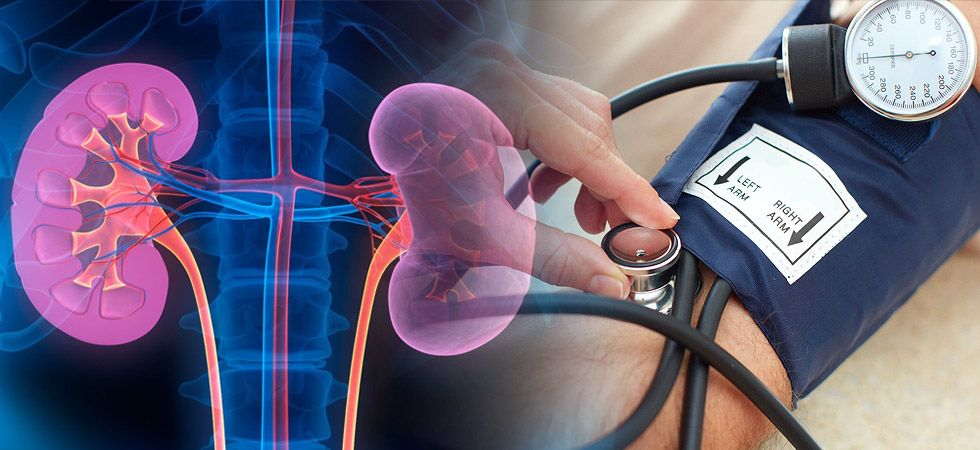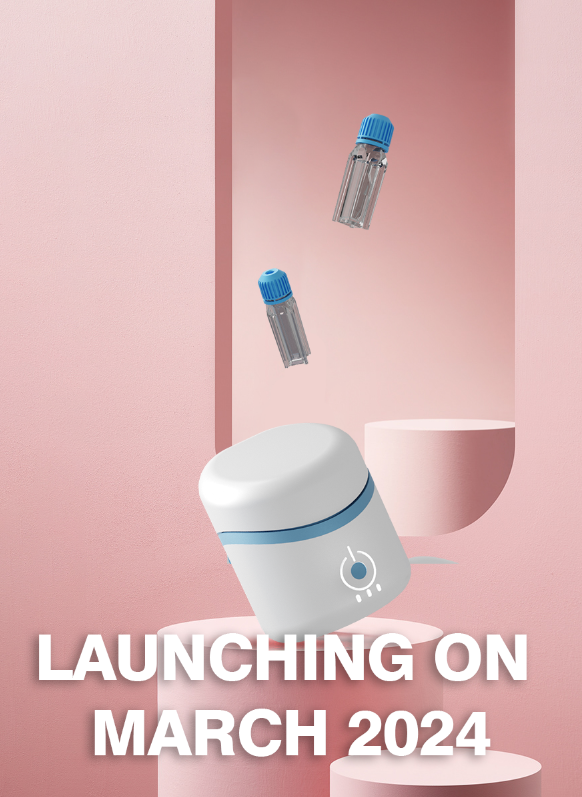
The Silent Threat: High Blood Pressure and Connection to Kidney Disease
Chronic Kidney Disease (CKD) is a significant health concern affecting millions worldwide, and its association with high blood pressure is a matter of critical importance.
The Connection Between High Blood Pressure and Kidney Disease: What You Need to Know
Introduction
Chronic Kidney Disease (CKD) is a significant health concern affecting millions worldwide, and its association with high blood pressure is a matter of critical importance. In this blog post, we will delve into the relationship between high blood pressure and CKD, the impact on overall health, and steps you can take to protect your kidneys.
High Blood Pressure: A Common Companion of CKD
It's a striking fact that more than half of individuals with CKD also grapple with high blood pressure, also known as hypertension. This coexistence of conditions poses a considerable threat, not only to kidney health but also to overall well-being. Here's how high blood pressure and CKD are intertwined:
1. High Blood Pressure and CKD Progression
High blood pressure can hasten the progression of CKD. Over time, it inflicts damage on blood vessels throughout the body, reducing blood supply to vital organs like the kidneys. Moreover, high blood pressure wreaks havoc on the delicate filtering units in the kidneys, impairing their ability to remove waste and excess fluid from the bloodstream. This fluid buildup can further elevate blood pressure.
2. The Bidirectional Relationship
CKD, in turn, can lead to high blood pressure. The kidneys play a pivotal role in maintaining healthy blood pressure levels. However, when kidneys are diseased, they become less effective at regulating blood pressure, causing it to rise.
The Importance of Blood Pressure Control
Controlling high blood pressure is a vital component of managing CKD effectively and preventing associated complications. Here are some key steps to consider:
1. Adhering to Your Treatment Plan
Following your prescribed treatment plan diligently is crucial. This often includes dietary adjustments, regular exercise, and medications.
2. A Healthy Diet and Exercise
A balanced diet and regular physical activity are cornerstones of managing high blood pressure and kidney disease. Prioritize foods that support heart and kidney health, and aim for at least 150 minutes of moderate exercise each week.
3. Medications and Target Blood Pressure
Blood pressure should ideally be controlled to less than 130/80 mm Hg if you have CKD. Your healthcare provider may prescribe specific medications to achieve this goal.
Specific Medications for CKD and High Blood Pressure
If you have CKD due to diabetes or if protein is present in your urine, angiotensin-converting enzyme (ACE) inhibitors or angiotensin receptor blockers (ARBs) are often recommended as the preferred blood pressure medications. Even if your blood pressure appears normal, these medications may still be prescribed to protect your kidneys.
Screening for CKD
If you have high blood pressure but are unsure about CKD, it's wise to undergo appropriate testing:
Creatinine Blood Test: This assesses kidney function by calculating your Glomerular Filtration Rate (GFR). A low GFR may indicate impaired kidney function.
Urine Protein Test: Persistent protein in the urine is a sign of kidney damage, warranting further evaluation.
Urine Test for Red and White Blood Cells: This helps identify potential kidney issues.
Conclusion
High blood pressure and CKD share a complex relationship that requires careful management. Whether you have CKD or high blood pressure, taking proactive steps to control your blood pressure can safeguard your kidneys and overall health. Regular check-ups and open communication with your healthcare provider are essential for early detection and effective management. Remember, protecting your kidneys means protecting your well-being.
Ref
https://www.kidney.org/sites/default/files/docs/hbpandckd.pdf

